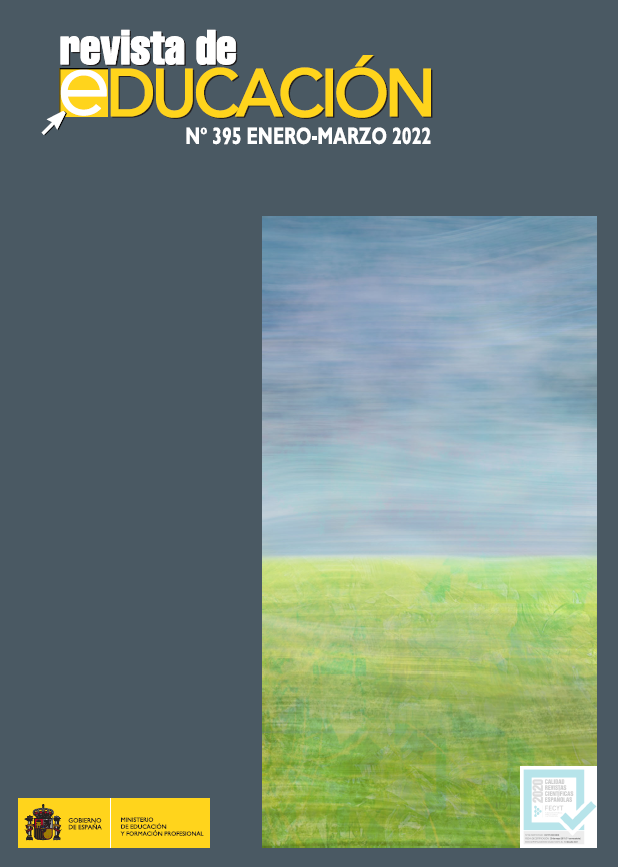Please, show me your world! A sophistical practice of teaching
Main Article Content
Abstract
This paper explores how education and teaching is or can be a sophistical practice. It takes inspiration from Cassin’s readings of the sophists, Rorty’s critique of Platonian philosophy, as well as Rancière’s understanding of teaching as linking different worlds. The paper develops in detail what makes teaching a process of democratisation based on a sophistical discursive practice. The paper also develops a precise critique of the Platonian/Aristotelian line of thought within education through the work of Cassin and Jaeger. It shows how Platonian/Aristotelian thought establishes a foundational pattern of domination over education by philosophy and other disciplines. Such ‘scientistic educational theory’ is shown to link man and state through a socio-psychic pattern aiming at the perfection of both. The article is making problematic the original and patriarchal social scene at the heart of such theory and intends to replace such image with ‘the mixture’; of interaction people in the everydayness of liveable life instead as the starting point for educational thought and practice. The insight shared with Arendt, that we live in an irreducible plurality of other people that are different from us and that we, therefore, need education and teaching to find out ‘how to move’ with and among others is developed in full in this paper. The paper concludes by making a case for a liveable life for all as that which motivates education and teaching to be something else than domination and control.
Key words: sophistical practice, teaching, improvisation, kairos, poesis, techne, democratisation, Platonian/Aristotelian education, schooling.

